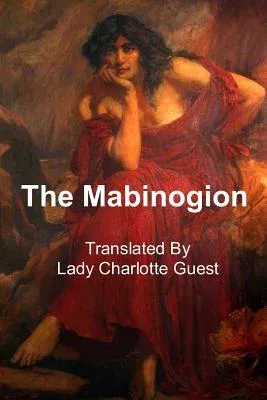Lady Charlotte Guest
(Author)The MabinogionPaperback, 19 February 2017

Temporarily out of stock
Free Delivery
Cash on Delivery
15 Days
Free Returns
Secure Checkout

Print Length
294 pages
Language
English
Publisher
Lulu.com
Date Published
19 Feb 2017
ISBN-10
1365769933
ISBN-13
9781365769931
Description
Product Details
Author:
Book Format:
Paperback
Country of Origin:
US
Date Published:
19 February 2017
Dimensions:
22.86 x
15.24 x
1.68 cm
ISBN-10:
1365769933
ISBN-13:
9781365769931
Language:
English
Pages:
294
Publisher:
Weight:
435.45 gm